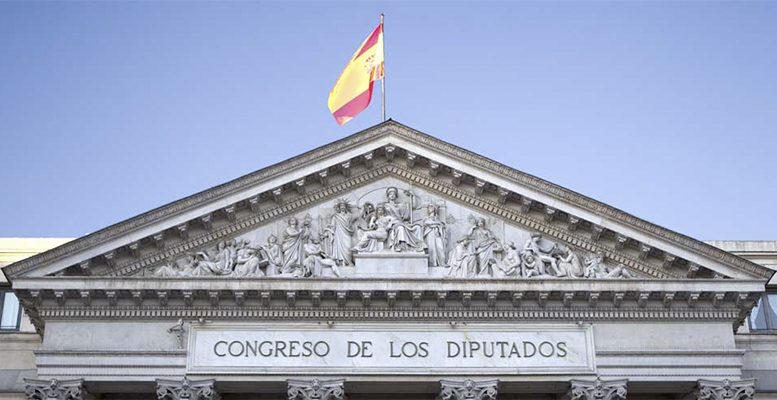Fernando Gonzéz Urbaneja | The expectation of a very tough six-month election campaign weighed on Sánchez’s conscience throughout the evening after the evidence of Sunday’s results. This explains why bringing forward the elections is tactical and opportunistic (in political logic), and also why Feijóo began his speech in front of the cameras with the words: “the sooner the better”. Better for the incumbent who defends the results of November 2019, better for the pretender, Feijóo’s PP, which is committed to confirming the change of political cycle that began on Sunday. And better for the Spanish, for whom the time of uncertainty of the period of confrontation until the polls is reduced.
The call for general elections has been superimposed on the analysis of the results of the municipal and regional elections (one mess covers another mess) and has cancelled in one fell swoop a period of self-criticism in the PSOE to impose a closing of the internal ranks to avoid a disaster.
On Sunday, the Spanish voted put an end to a large part of the PSOE’s regional and municipal power (it lost six communities and fifty cities), and revealed the electoral preference in favour of the PP, coinciding with the decline of Sánchez’s allies. This electoral campaign has legitimised the prominence of two parties: Bildu and VOX, opportunistic allies of the two central parties. This brings more benefits for the PP than for the PSOE. The alliance, where appropriate, of the PP with VOX is more valuable than the seats that ERC and Bildu contribute to the socialists; an alliance that has served Sánchez to govern for five years, but which has reduced his electoral base.
The Partido Popular has absorbed the vote and a good part of Ciudadanos’ cadres (it still has to sort out the foreseeable debts and close the brand) while the PSOE suffers from the collapse of its partners on the left, who will have to unify under the (somewhat worn-out) brand of Yolanda Díaz as the only alternative to remain in the institutions and on the budget payroll.
Feijóo has already announced that his strategy is based on ‘anti-Sanchezism‘ and the appeal to the ‘useful vote’ to win the space that VOX snatched from Rajoy and Casado. And Sánchez will have to establish a framework based on those successful economic results that make up the discourse (and that of his ministers) reiterated for months, which did not work on Sunday but may work in July despite the weaknesses it hides.
What the polls detect is a desire for change among a majority of voters; more distrust towards the socialists/Sánchez than trust in Feijóo’s Popular Party. The difference of 3.5 points (32% as opposed to 28.5) between PP and PSOE may not be enough to achieve a government majority; everything will depend on what the potential allies of each obtain and what they manage to convince the doubters of during the eight weeks remaining before the decisive appointment. The sooner the better for everyone.
With the data before us, it cannot be argued that the PSOE/Sánchez is defeated or that the PP/Feijóo is an undisputed winner for the next round. The turnaround is underway, but there is no guarantee it will be sufficient.





